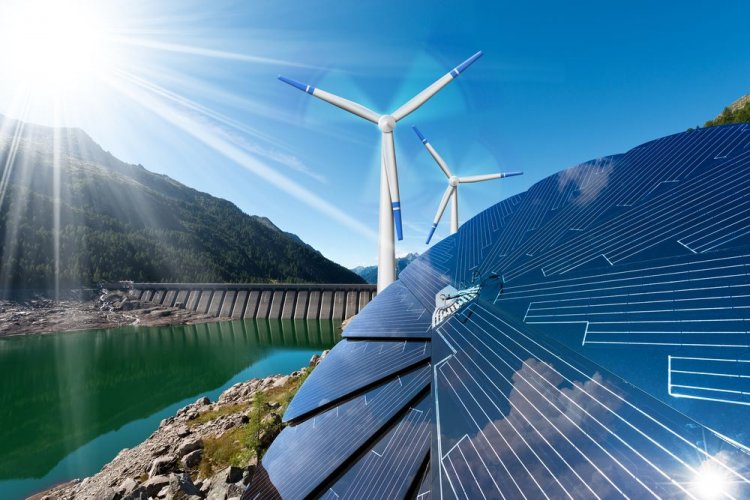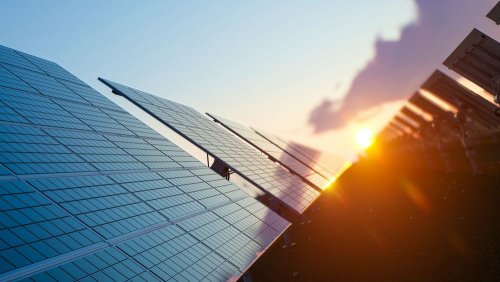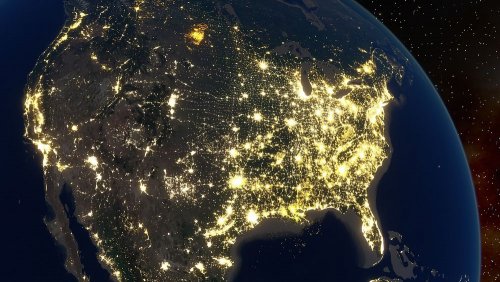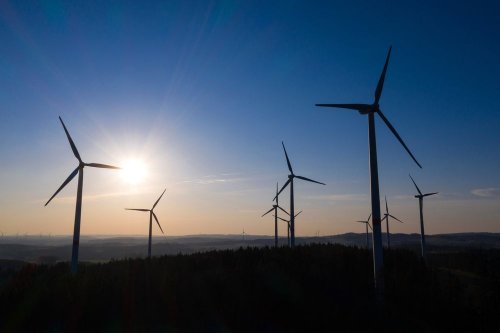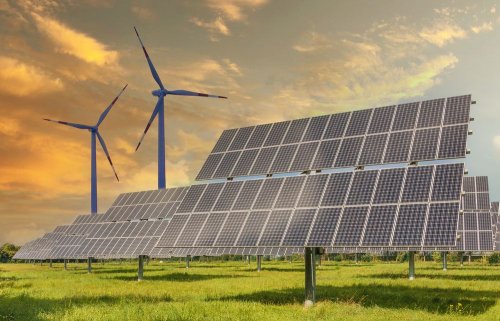The case of Ukraine's green transition is unique, as many old energy capacities have been quickly decommissioned or removed from the system, but there is an opportunity to attract investment and use it to build new renewable energy capacities.
This was stated by Mads Christensen, Executive Director of Greenpeace International, in an interview with NV on 10 September during the opening of the organisation's office in Kyiv.
‘On the one hand, Ukraine is forced to wage war, and on the other hand, it has to decide how to rebuild and restore the parts of the country that have been destroyed,’ he stated.
According to the expert, Ukraine is now facing a fundamental choice: whether to continue on the path of a fossil-based economy with energy systems based on gas or coal, or to use the opportunity to switch to a decentralised energy system based on renewable sources such as solar and wind energy.
"When 75 or 80% of power generation capacity fails, the question arises of how to build a sustainable energy system for the future. It is obvious to us that this system should be based on solar and wind energy, on renewable sources that are cheaper, safer and more sustainable. Because they are distributed rather than centralized, they are harder to destroy or shoot at,” says Christensen.
The official of the international organization mentioned the "impressive steps" our country took in the development of solar energy before the full-scale war, but noted that already in 2017-2018 this development had slowed down significantly.
He also noted that Ukraine has problems with solar energy storage facilities. Mads Christensen said that all countries face problems when they increase their dependence on intermediate energy sources, such as solar or wind, where energy storage systems are needed. But at the same time, he noted that Greenpeace can offer many solutions if we look at the experience of different countries in this matter.
"Energy storage is not just about batteries, it can include water reservoirs, thermal storage or improved interconnections," says the expert.
Greenpeace also contributes to the development of "green" energy in Ukraine. In July, they selected a group of Ukrainian women for the "Installer of solar power plants" course. And at the end of the summer, 9 of its graduates received professional certificates.
In June, EcoPolitic wrote about the fact that Greenpeace actively calls for the creation of the so-called "Marshall Solar Plan" for Ukraine – to provide international funding for the active implementation of the use of solar energy to overcome the energy crisis. According to him, Ukraine has the potential to establish 5 times more solar power capacity than the plan of the Ukrainian government provides.

